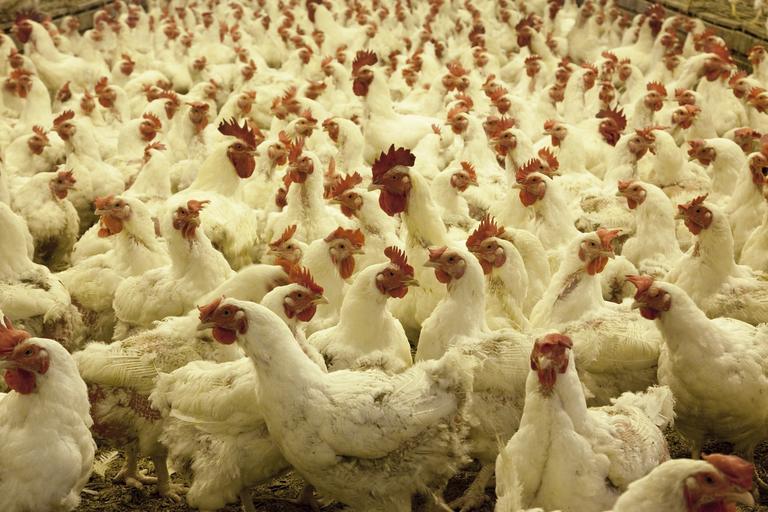Cast your Vote
 The bird flu is spreading to wild birds and poultry across the nation. The bird flu, also called H5N1 or the highly pathogenic avian flu (HPAI), is said to be a strain of the influenza virus that mostly affects fowl. The flu can also infect humans. Though this is a rarity, the mortality rate is high in humans, they say.
The bird flu is spreading to wild birds and poultry across the nation. The bird flu, also called H5N1 or the highly pathogenic avian flu (HPAI), is said to be a strain of the influenza virus that mostly affects fowl. The flu can also infect humans. Though this is a rarity, the mortality rate is high in humans, they say.
This phenomenon is being blamed for the hike in egg prices due to the euthanization of infected birds. It is estimated that 150 million chickens had to be killed, which seems like a lot but really isn't much compared to the 9.5 billion chickens consumed each year - 25 million a day. In one year, that would only be 1.6% of chickens.
Now, chickens may be vaccinated to stop the disease from spreading. A company called Zoetis received a conditional license for their bird flu vaccine from the United States Department of Agriculture. The conditions for the license being granted are “the demonstration of safety, purity, and reasonable expectation of efficacy based on serology data,” according to Zoetis.
The idea of vaccinating chickens is nothing new. China, France, Mexico, Egypt, and others have been vaccinating their chickens for several years. Eating meat from inoculated chickens has no known side effects. However, residues from veterinary medicines have been found in meat. Some drugs have not been properly evaluated for safety but have been known to cause cancer, heart attacks, and birth defects...Click Here.
Robert F. Kennedy, Jr., is the head of Health and Human Services but has yet to comment or make an announcement. Either way, the cost of chickens and their eggs may still rise considerably if it's necessary to vaccinate billions of them. It is unknown when the vaccine will begin to be administered, but expect egg prices to stay the same for now or rise.

